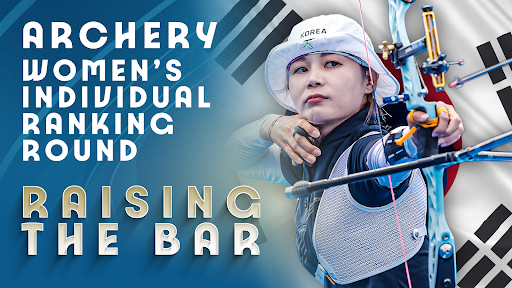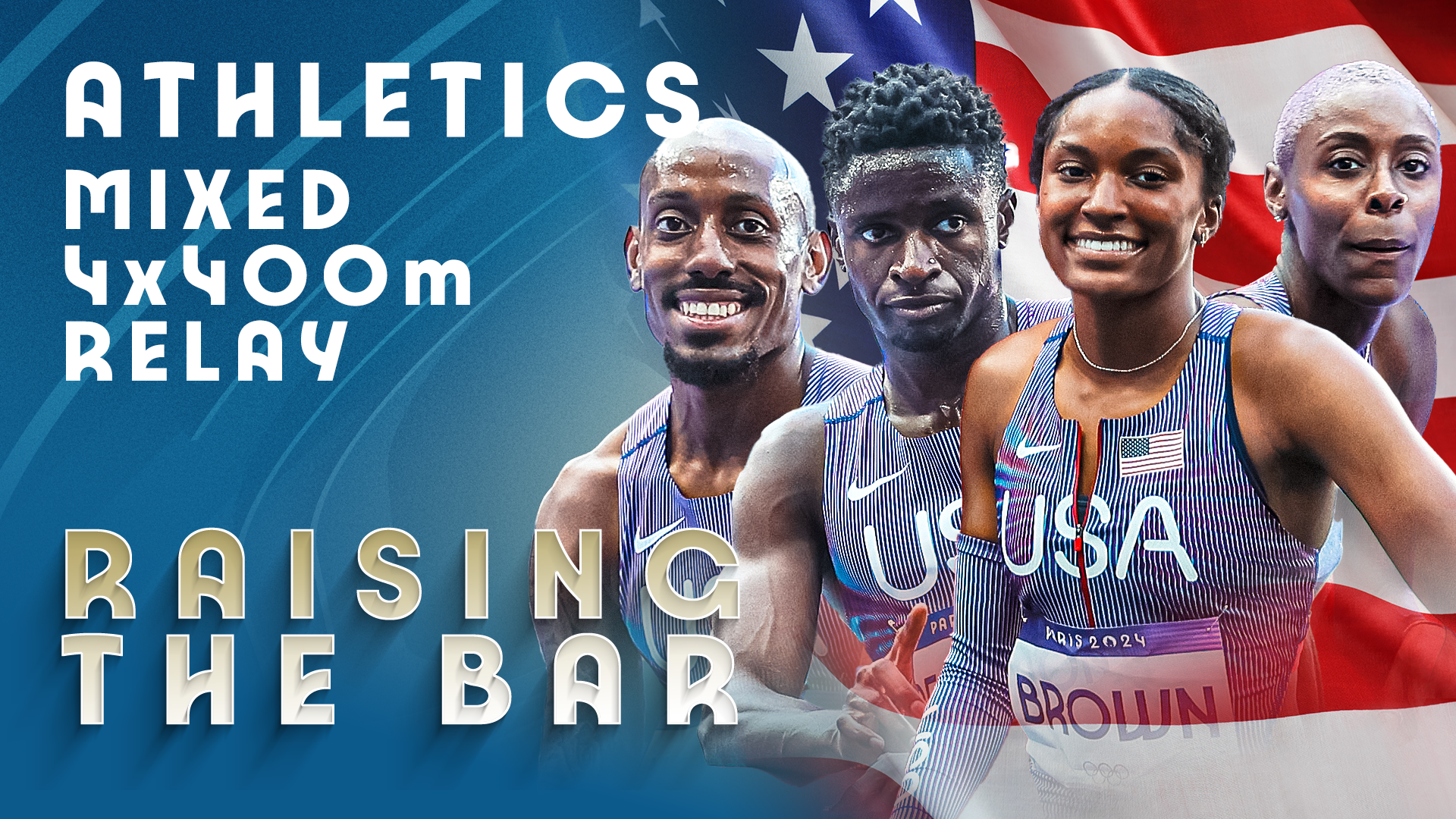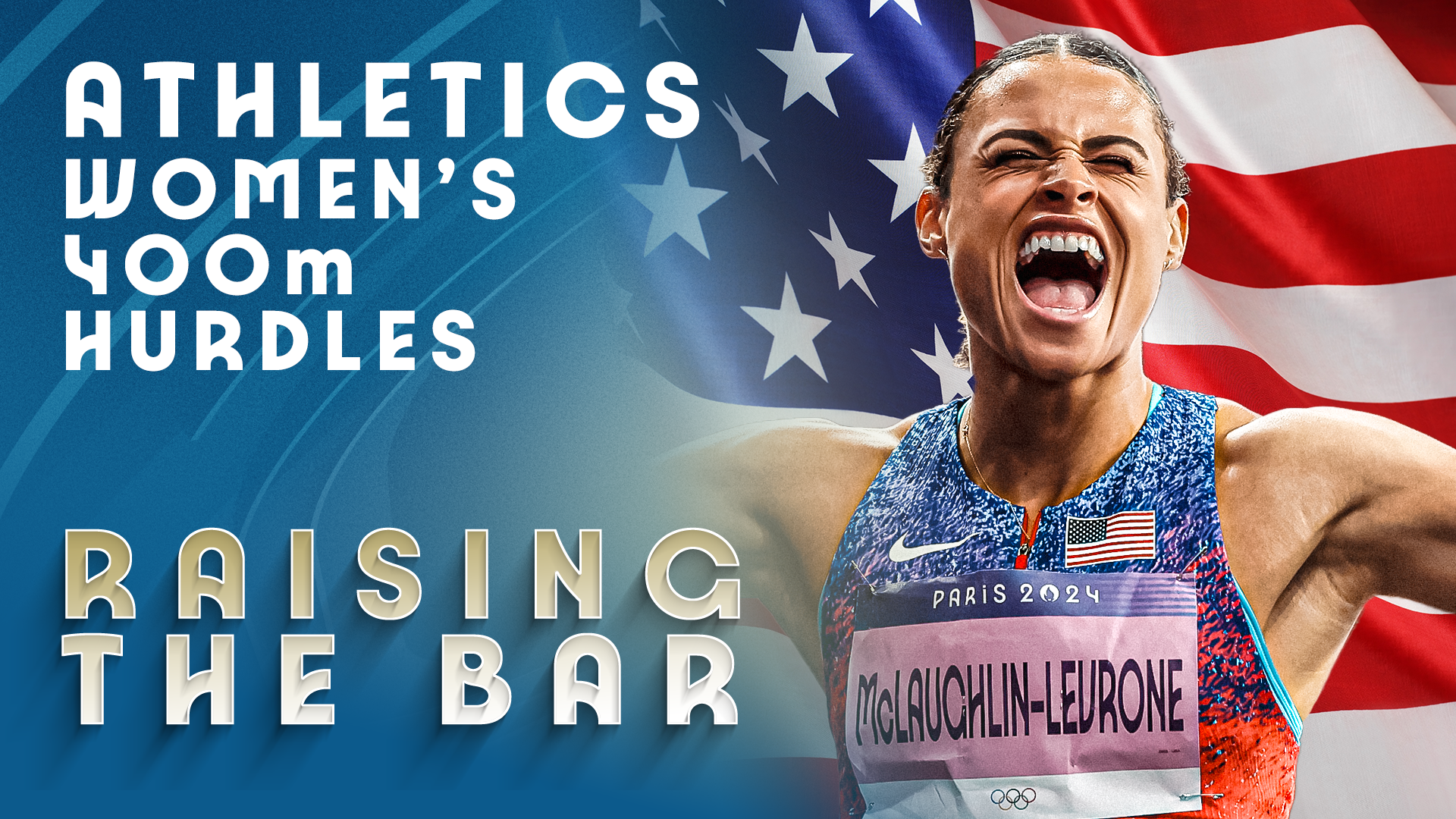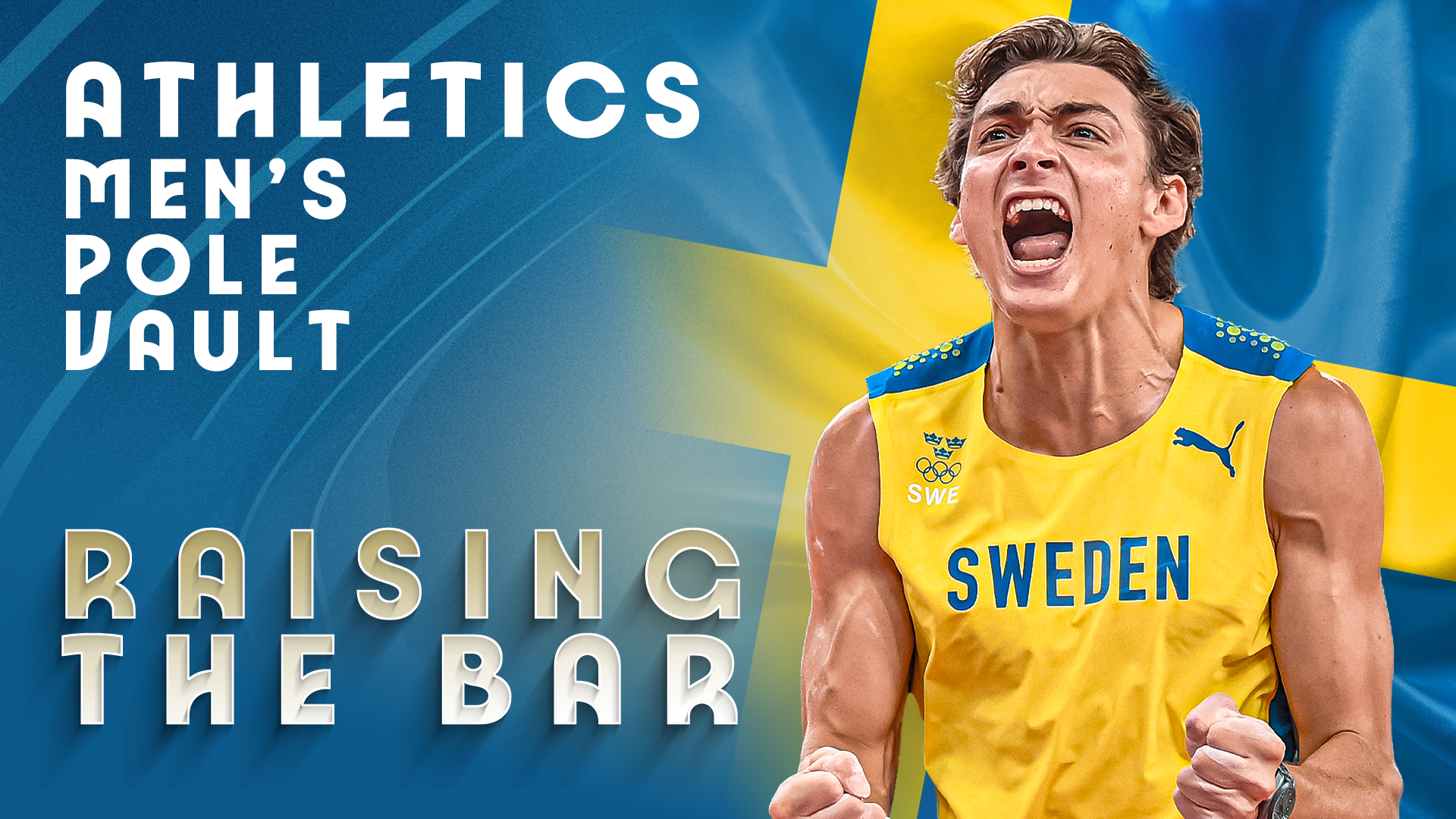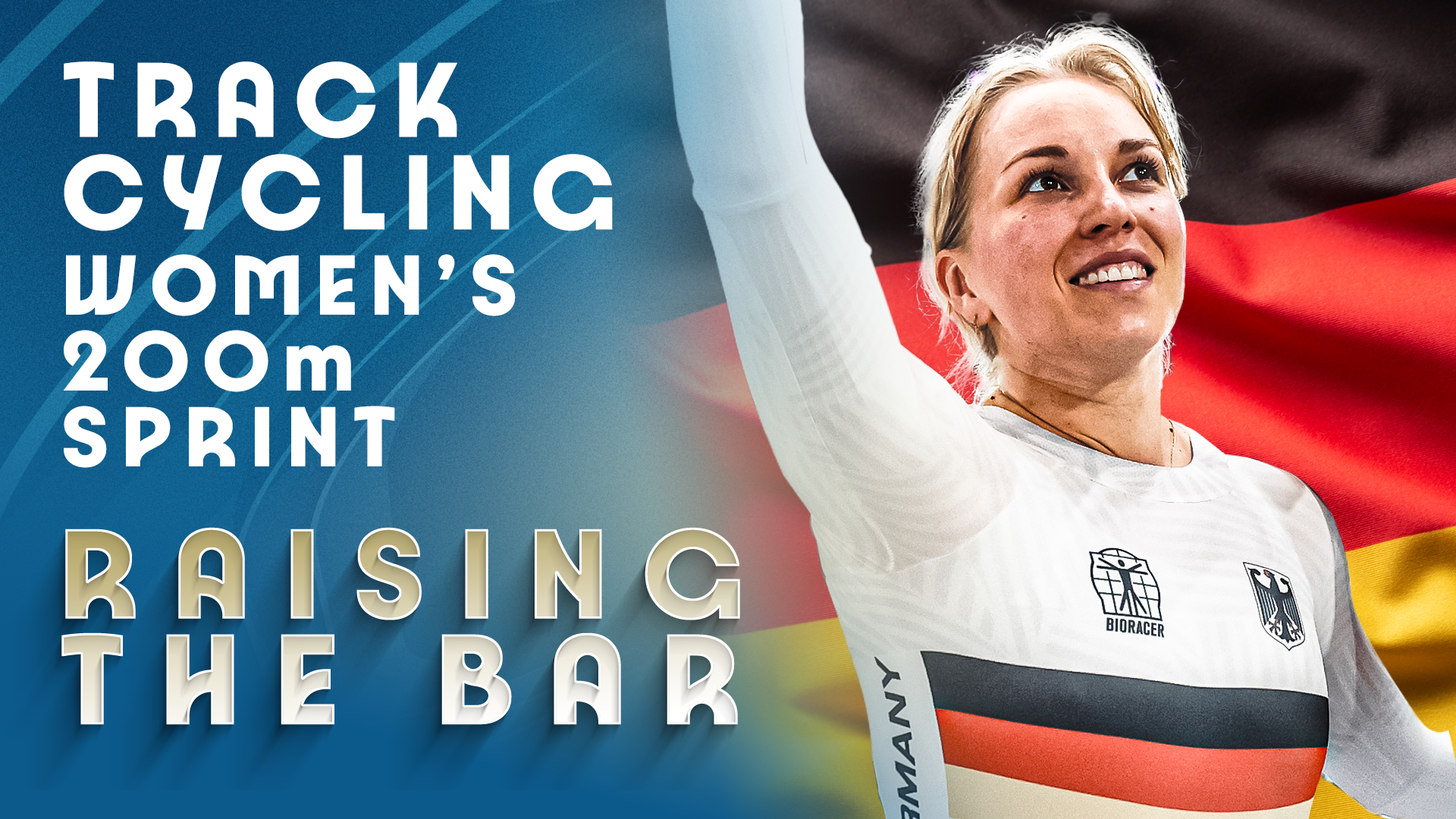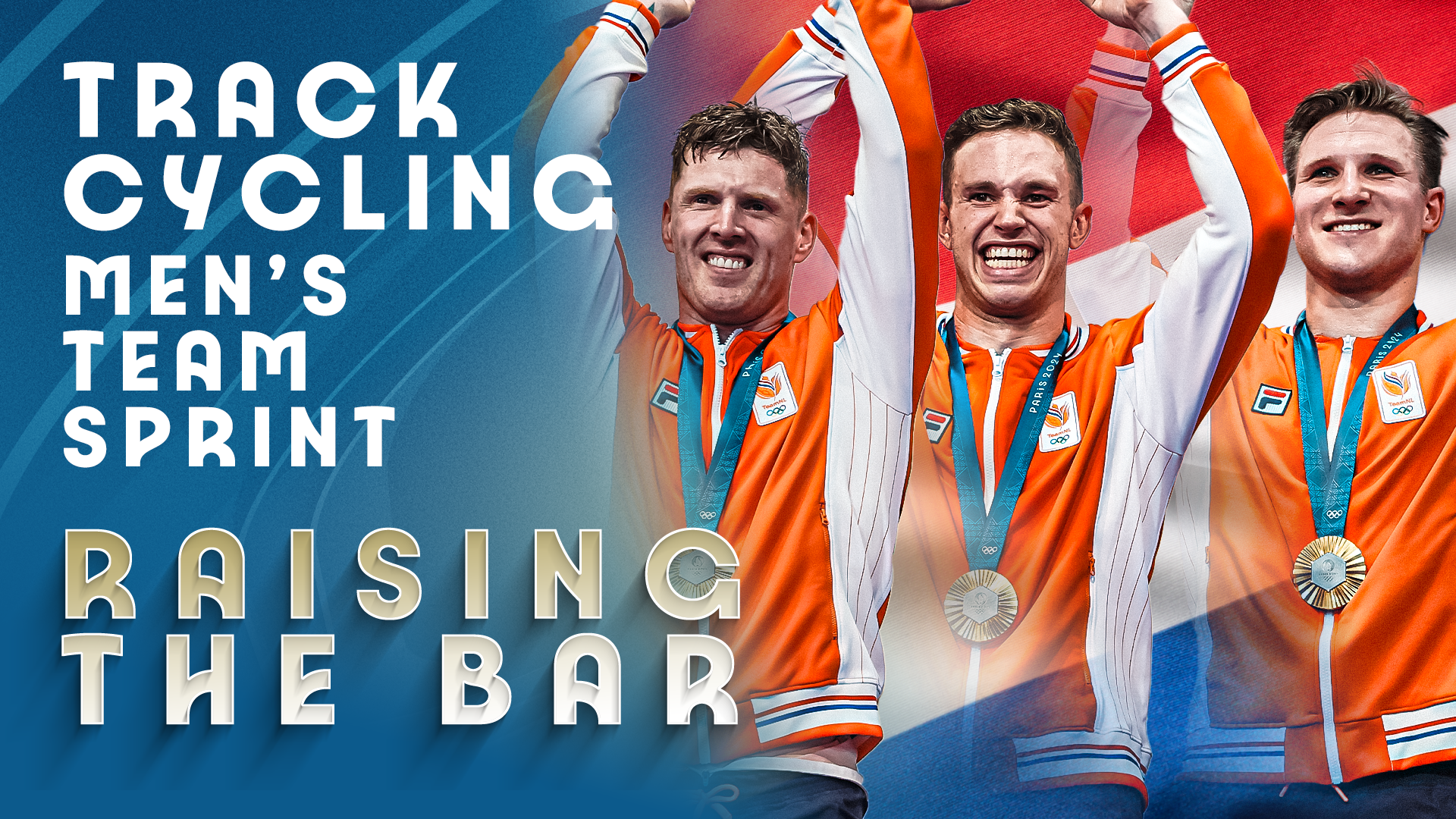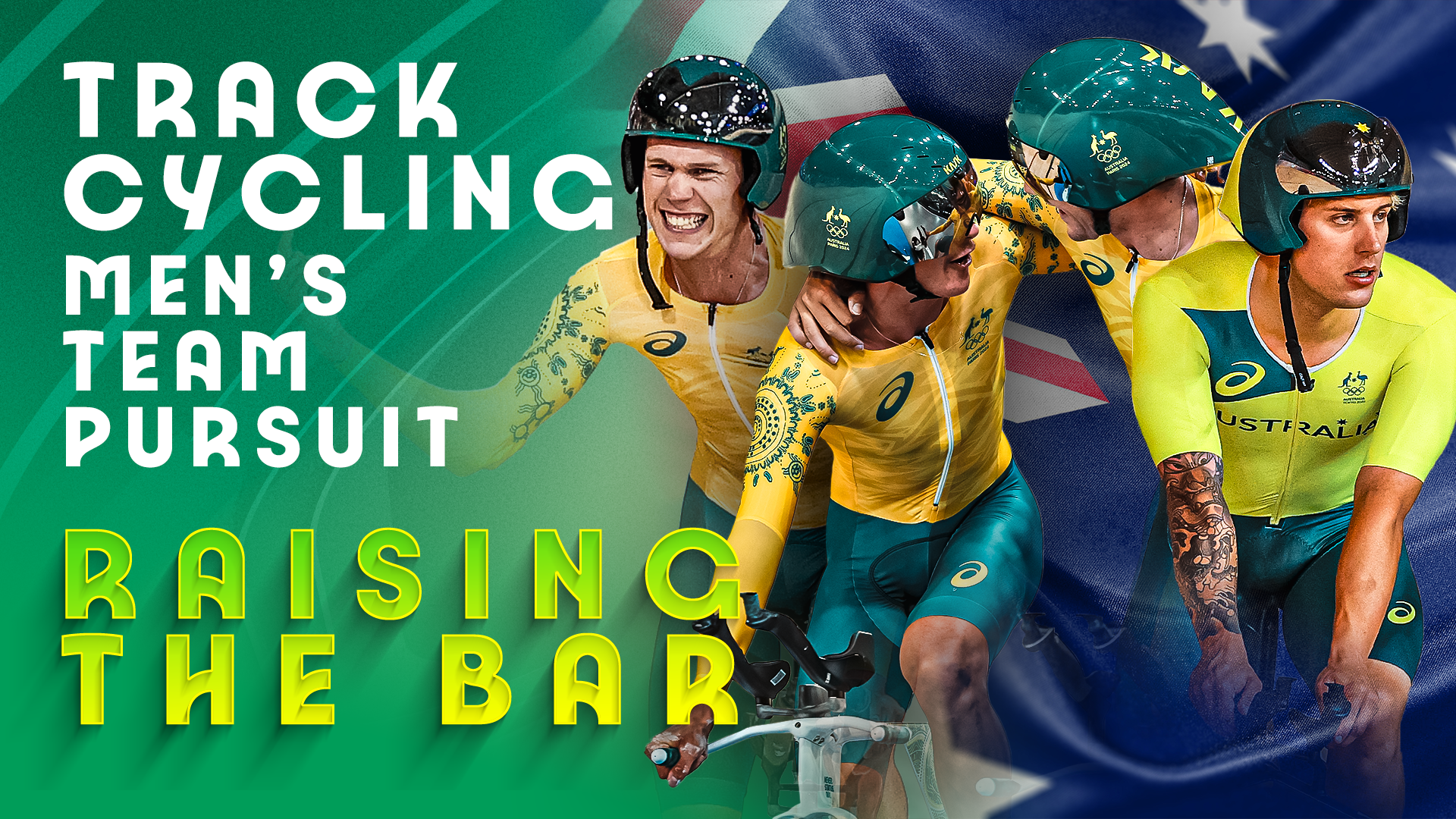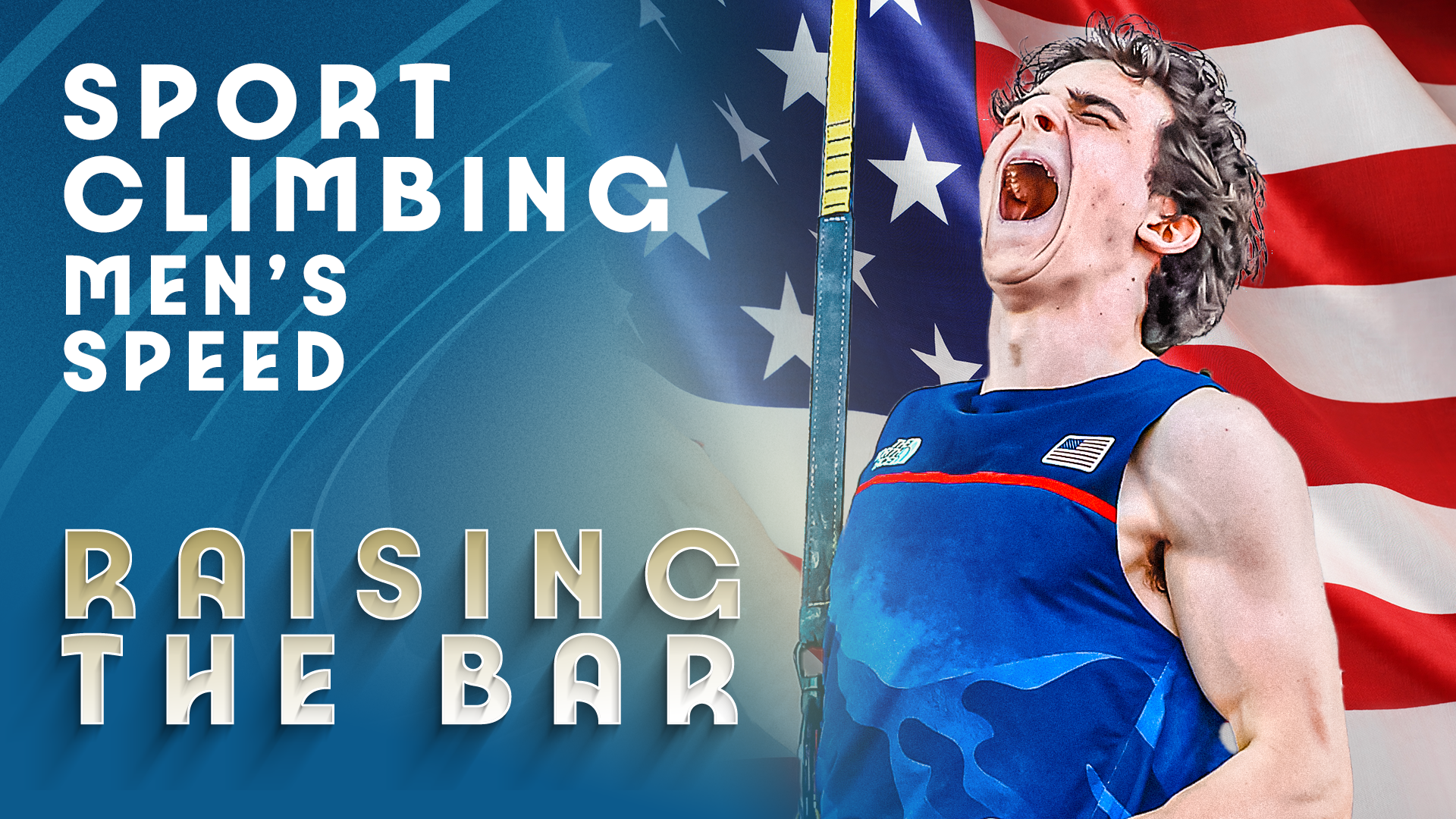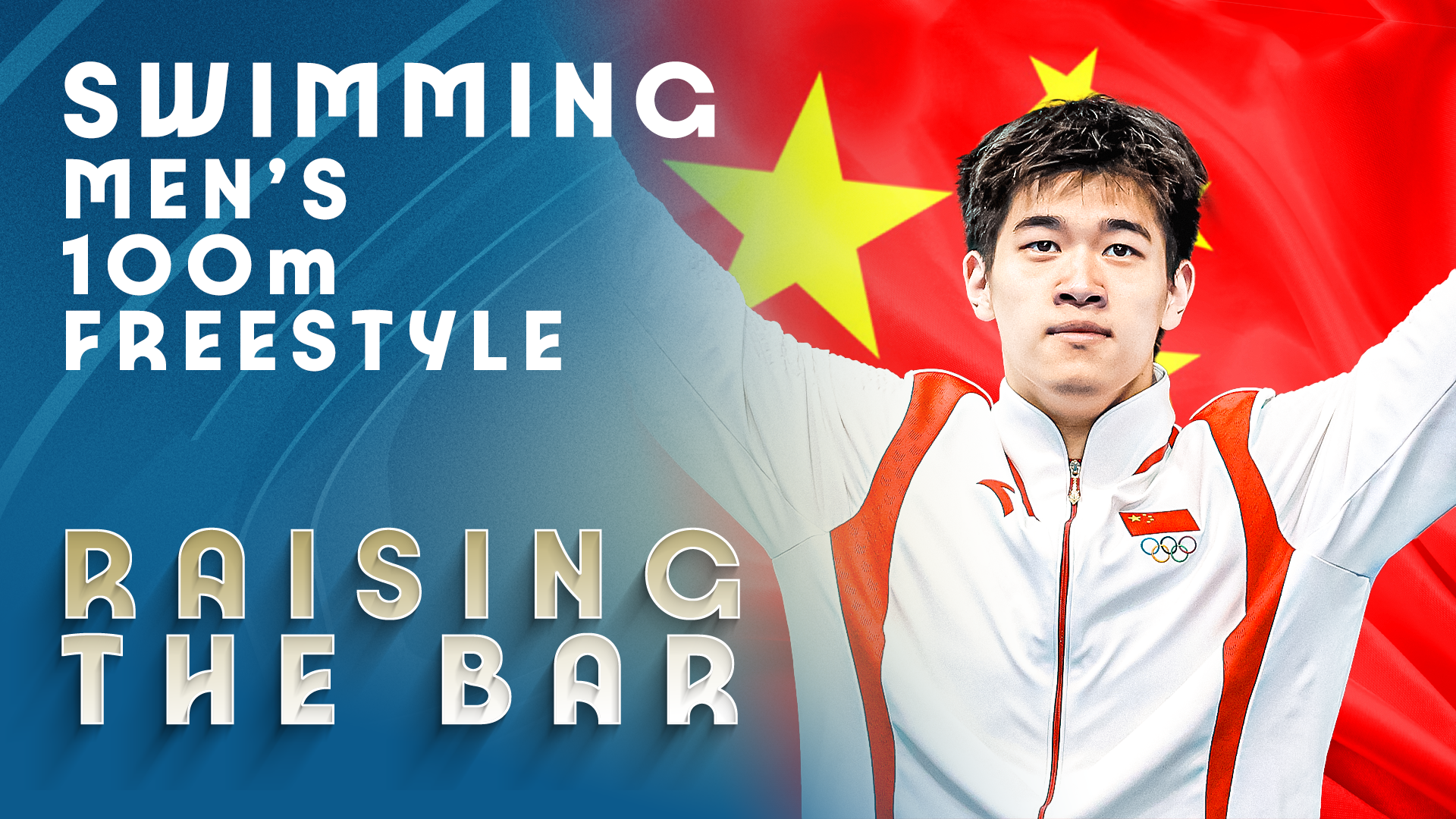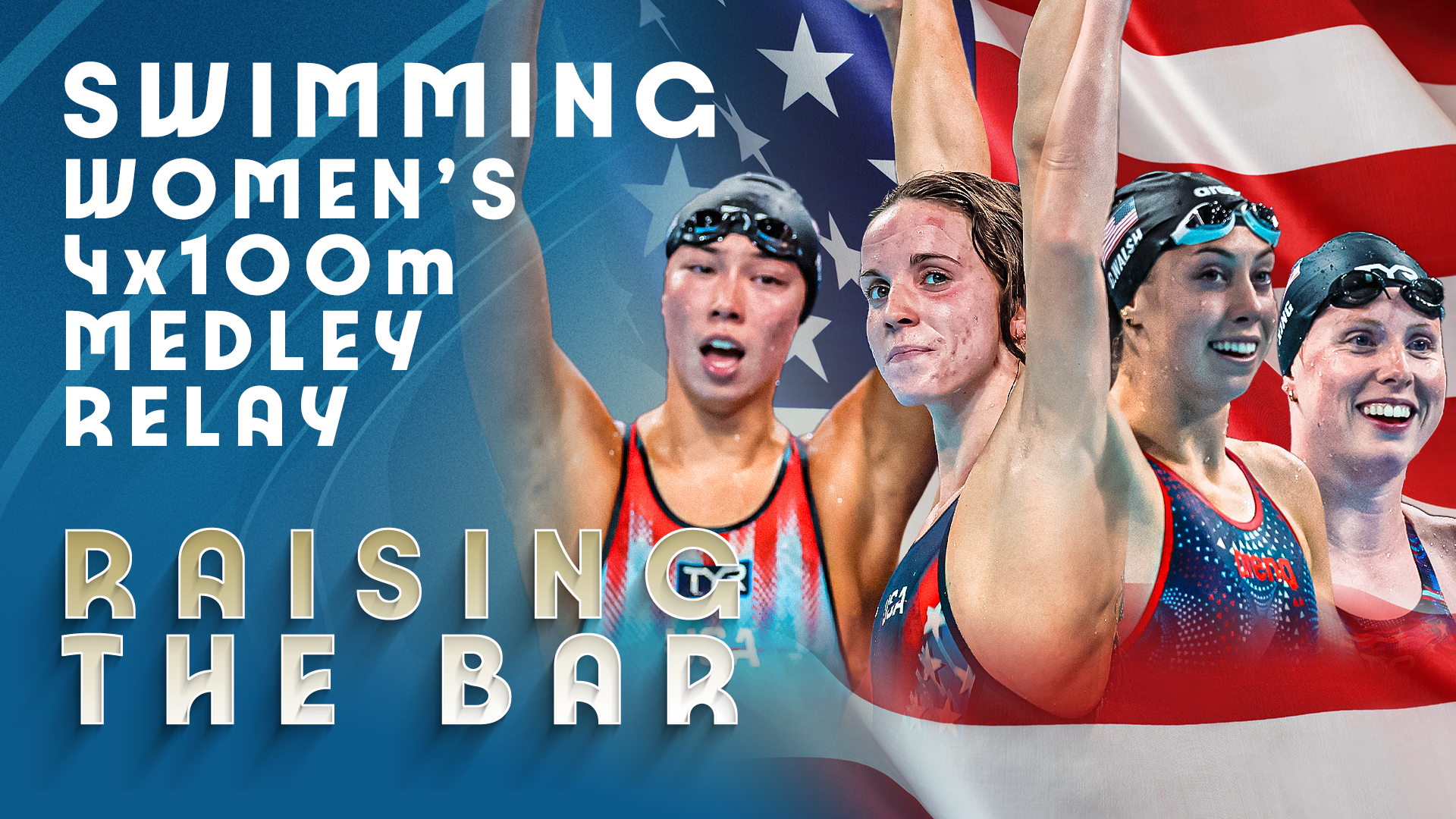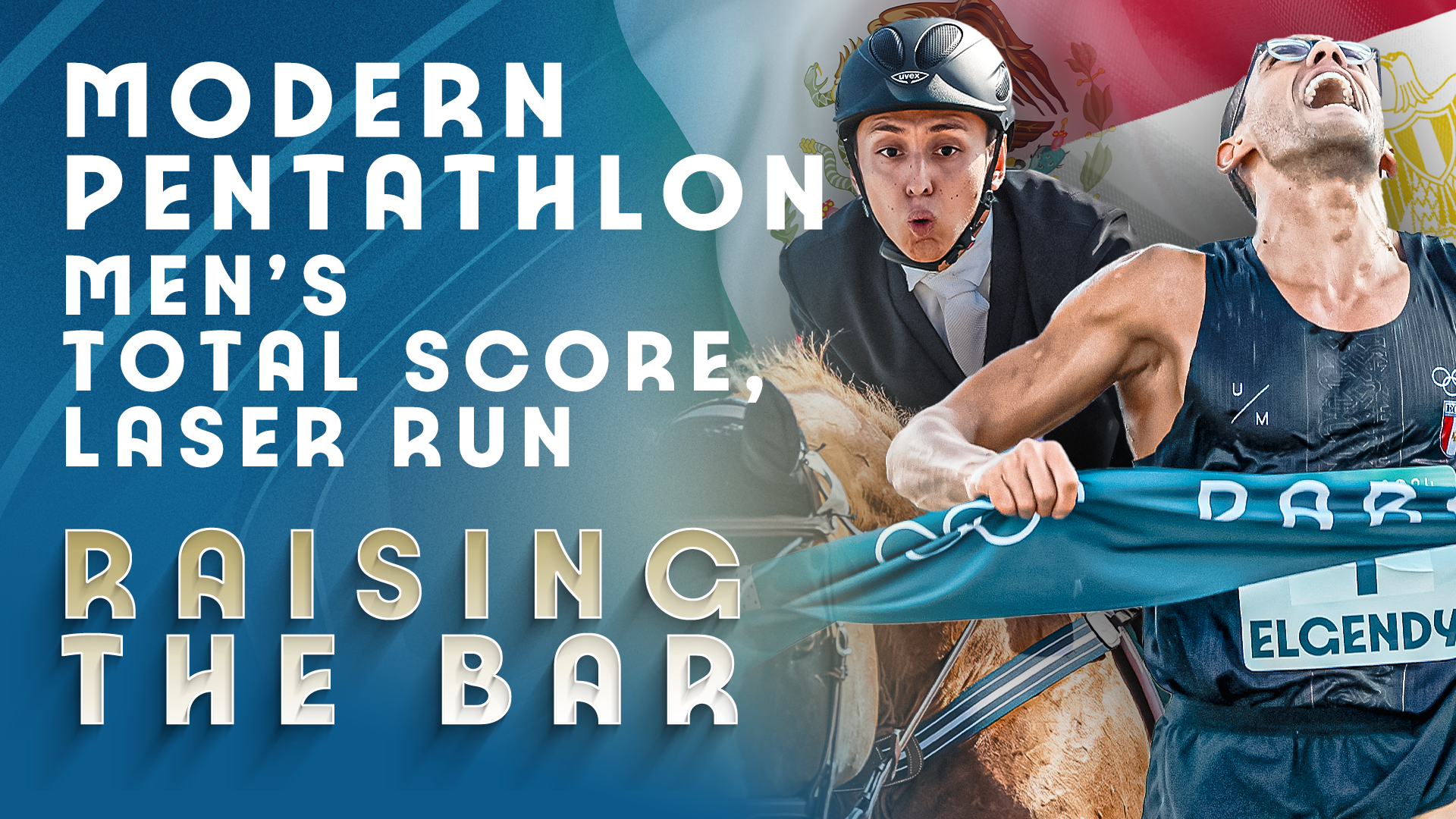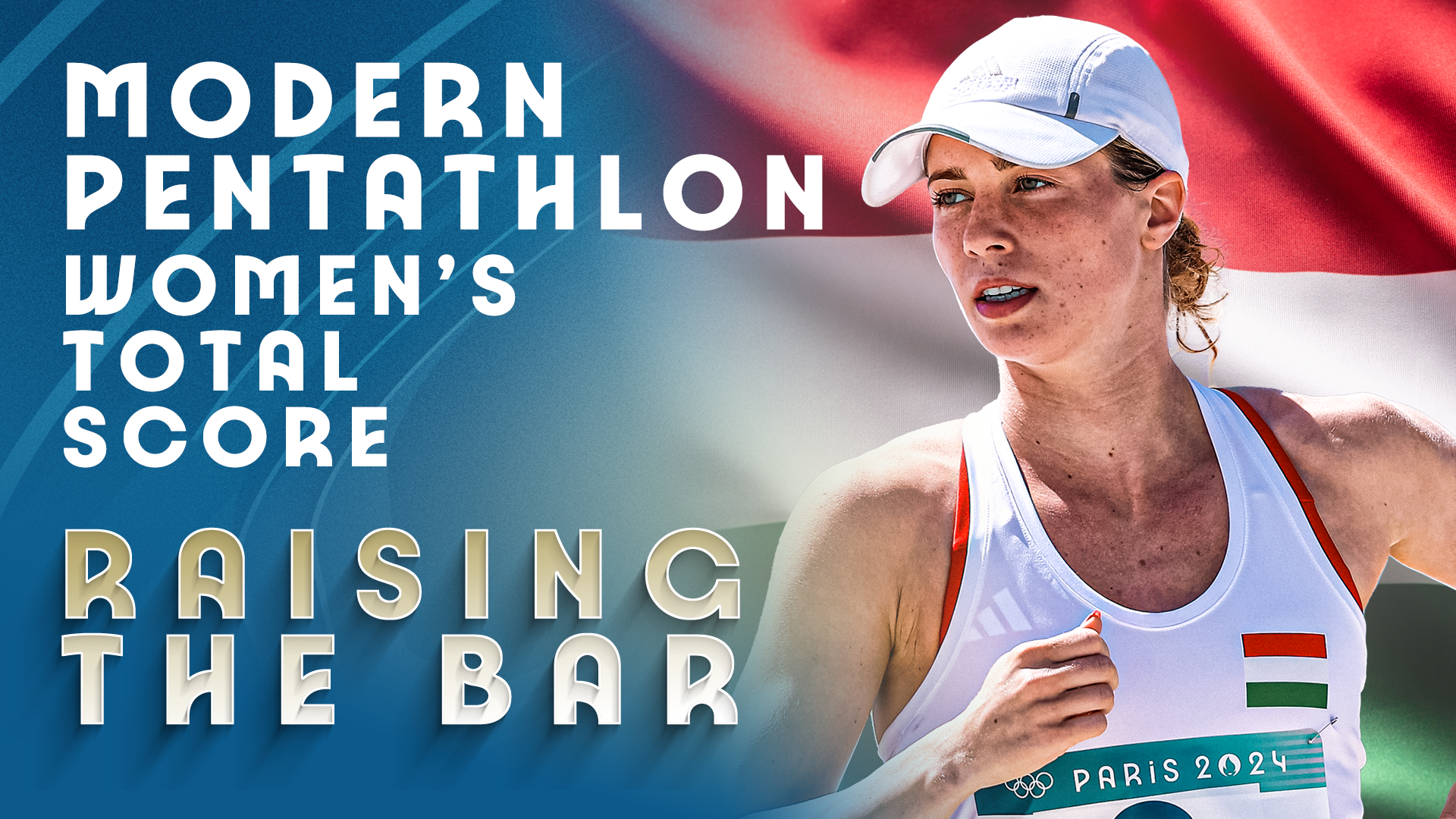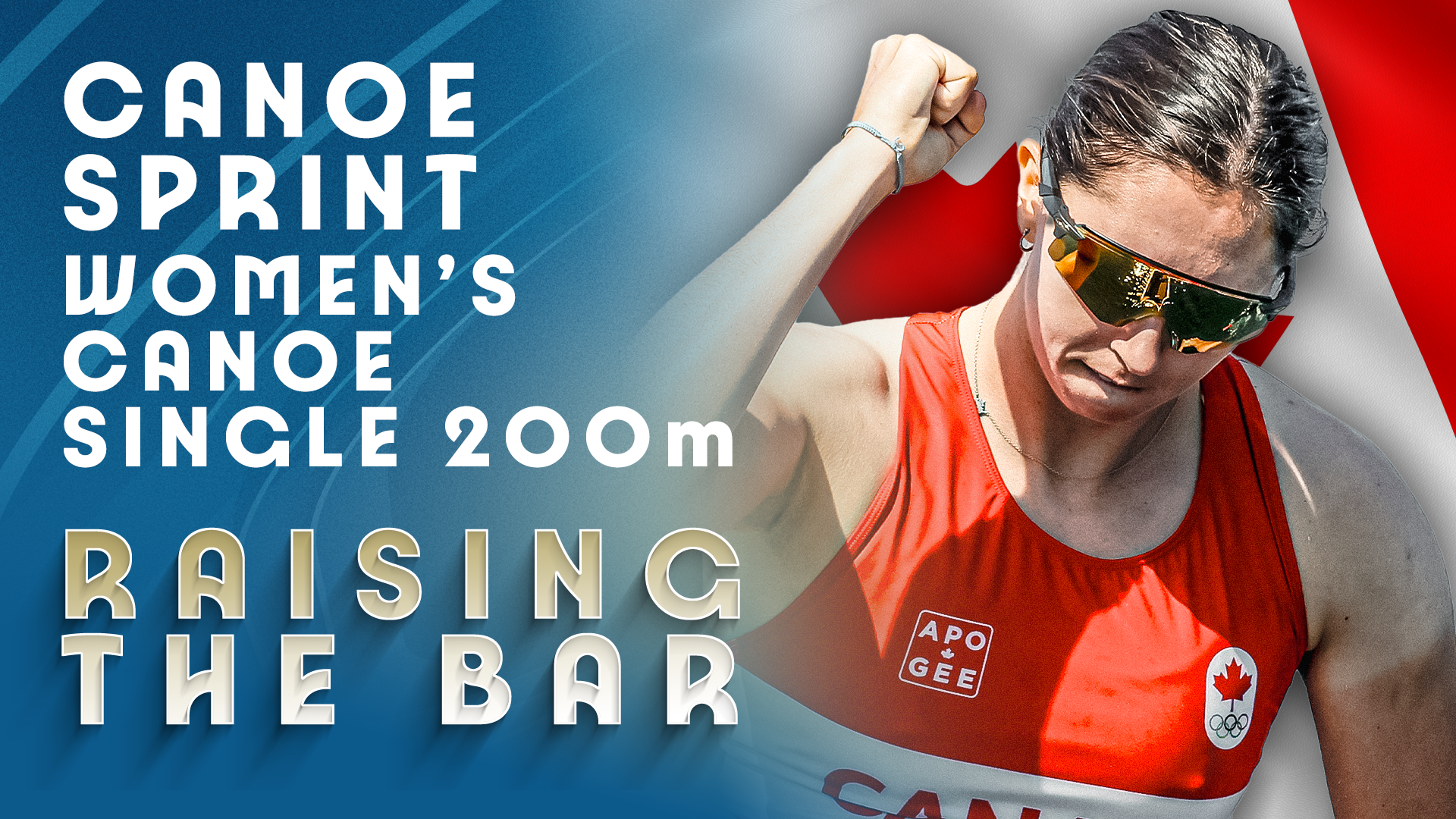Without a doubt the participants of the Paris Olympic Games showcased athleticism at its finest.
But for an exclusive club of elite competitors, pushing their bodies beyond what was previously thought to be the limit to set a new world record in their discipline is what made these champions legends.
Here is every one of the 20 world records broken over the fortnight.
READ MORE: ‘Absolutely devastated’ Aussie runner lashes rife suggestions
READ MORE: Athlete makes history as first openly trans Paralympian
READ MORE: Incredible Aussie feat laid bare in greatest ever Olympics
The very first world record fell at Paris 2024 even before the Games officially opened.
At the archery women’s individual ranking round, arrows flew across the Esplanade of Invalides – with one particularly impressive performance from Korean Lim Si-heyon who nabbed the world record from compatriot Kang Chaeyoung by two points, collecting a total score of 694.
The world record in the mixed 4x400m relay has always been held by a US team, and when it fell on the lavender tracks of the Stade de France, a brand new quartet of Americans – Vernon Norwood, Shamier Little, Bryce Deadmon, Kaylyn Brown and Shamier Little – shaved off 1:39 seconds from Team USA’s time at the 2023 World Athletics Championships, to finish at 3:07:41 minutes.
It might have seemed like Sydney McLaughlin-Levrone from the USA was in for a challenge as she shared the track with some of history’s fastest – in Netherlands’ Femke Bol and compatriot Anna Cockrell.
McLaughlin-Levrone, however, has shortened her own world record five times prior and is the defending champion of the event.
In the end, the American was running her own race, clearing 10 hurdles in 50.37 seconds, .12 of a second faster than her previous best.
Armand Duplantis, endearingly known as Mondo, exuded a god-like presence on the field – not just because of his luscious hair and a cunning resemblance to Timothée Chamalet.
Before landing in Paris, the master pole vaulter already lifted the world record seven times.
And in his gold medal-winning execution, he raised his previous record by another 1cm, clearing the bar at 6.25m.
The previous world record time for women’s 200m sprint, set by Canadian Kelsey Mitchell at 10.154 seconds five years ago in Bolivia, was lowered several times during the qualification at the National Velodrome in Paris.
Ultimately, it was Lea Freidrich of Germany who clocked the fastest time for the 200m flying lap at 10.029 seconds.
Katy Marchant, Emma Finucane and Sophie Capewell’s winning team broke the world record three times in the three hours of racing in the superfast Olympic velodrome – two of which happened en route to the gold medal race.
Most crucially, Team GB logged their fastest sprint in the final at 45.186 seconds in a come from behind win against New Zealand.
As with the women’s side, the men’s team sprint saw the world record fall more than once on the same day.
The Dutch trio initially shaved 0.034 seconds off their own team’s best time from the 2020 World Championships in Berlin, to win the race against Canada in 41.191 seconds.
And then came the final, where they lowered the time again to a blistering 40.949 seconds – the first time in history the 750m track was completed in under 41 seconds.
A joyous moment for Australia whose wins in the men’s team pursuit seem to materialise every 20 years.
This time around, Kelland O’Brien, Conor Leahy, Oliver Bleddyn and Sam Welsford’s well-deserved and much-awaited gold came with extra glory earlier, when they beat reigning champs Italy in their round one heat and their world record by more than a second, clocking 3:40:730 seconds.
Aleksandra Mirosław from Poland has been the sole world record holder in speed climbing in the last three years, beating her own number eight times during that period.
Naturally in Paris, Mirosław was back to her old habits, marking a new best time of 6.21 seconds during her first climb.
As she returned to the wall for round two, the speedy Polish climber shaved another .15 seconds to set the latest world record time of 6.06.
As if Sam Watson’s mesmerising 4.75 second dash to the top in the qualification seeding wasn’t impressive enough, he still found more speed in him to lower his time to 4.74 seconds two days later in the small final round.
Painfully, due to the nature of the draw, his world record climb did not merit a gold medal around his neck, having been pushed to the bronze medal race after losing in the semi final round to the eventual silver medallist Wu Peng.
Pan Zhanle from China already owned the world record in the men’s 100m freestyle, with his 46.80-second time at the World Championships in Doha earlier in the year.
And in Paris, Zhanle pushed with maximum strength and power, giving him almost a full body length lead in the last lap to touch the wall first, 0.4 of a second faster than his previous best, at 46.40.
A new world record, after what seemed to be an untouchable time of 14:31:02 minutes held firmly in its place since the 2012 Olympics in London, was finally shattered by Bobby Finke’s gruelling 1500m swim in 14:30:67 minutes.
Finke led the pack throughout the race, seemingly at sprinting pace and always within reach of the world record line.
It was a stunning finish from the American, who also defended his gold medal for the event.
Regan Smith and Lilly King get to hold on to the world record title for the women’s 4x100m medley relay a little bit longer, but this time with two new teammates – Torri Huske and Gretchen Walsh.
Team USA’s previous best in the event was 3:50:40 minutes logged at the 2019 World Championships. In Paris, the final touch on the wall by Torri Huske clocked a new world record of 3:49:63 minutes.
It was a tight match-up between Team USA and China throughout the event, with just .12 of a second between them.
Both times were better than the previous world record set by Team GB at the Olympics in Tokyo.
But it was the faster of the two teams – USA – who took the gold glory and set a new bar in the mixed 4x100m medley event.
Bulgarian weightlifting phenom Karlos Nasar broke his own 223kg clean and jerk world record and the total world record of 396kg held by China’s Li Dajin, on his way to the gold medal.
Having lifted 180kg in snatch and already guaranteed first place after succeeding in his first attempt of 213kg in clean and jerk, Nasar pushed for a new clean and jerk world record by lifting 224kg.
His total score put him above Li’s benchmark by 8kg.
Ahmed Elgendy from Egypt collected enough points in the riding, fencing and swimming rounds to score him pole position in laser run and set the pace for the rest of the competition.
His arms were unusually shaky in the first few runs but he found his target in his last visit at the shooting range, getting him across the finish line with a victorious 1555 total points – four points over the previous world record.
Mexico’s Emiliano Hernández was also sharp in the laser run, completing the course in 9:40.80 minutes – exactly four seconds faster than the previous world record in that discipline.
Michelle Gulyas came in second in the total fencing score and fourth in the swimming portion – both times on the heels of hometown hero Elodie Clouvel.
The Hungarian pentathlete started the final round in second position, but with a steady arm – and Clouvel’s execution falling short – Gulyas blitzed through the laser run to win gold and raise Alice Sotero’s world record of 1443 points to 1461.
The nailbiting photo finish in the final of the women’s 200m canoe single between Canadian Katie Vincent and American Nevin Harrison was a slight delay in celebration for the winner who not only gets gold but also takes the standing world record of 44.50 seconds.
After a review of the finish line footage, Vincent was awarded first place – a history-defining win as Canada’s first Olympic title in any women’s canoe event and a new world record 44.12 seconds.


